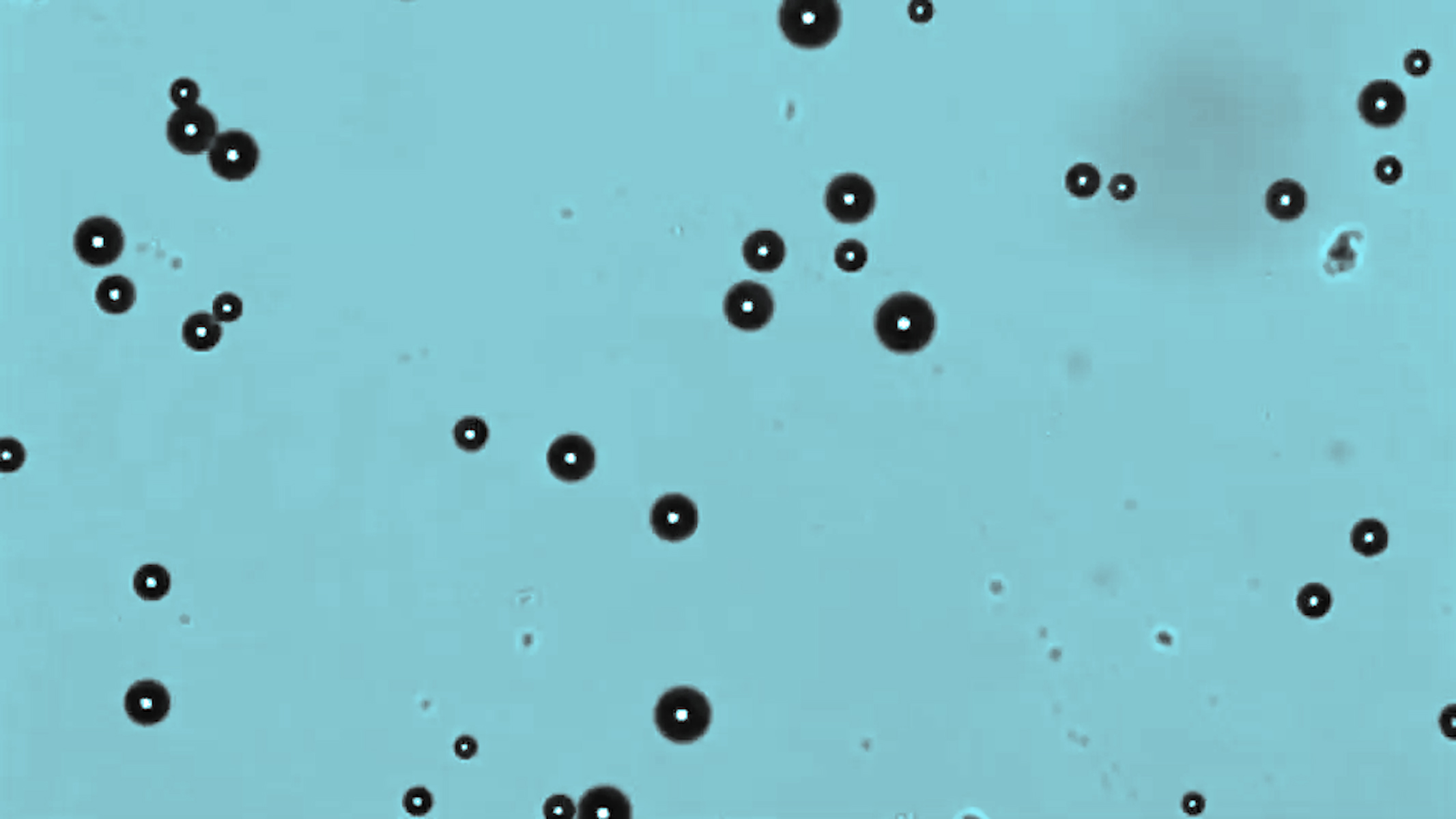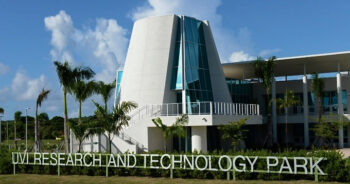Ann Arbor’s own startup May Mobility is getting closer to deploying the first self-driving shuttle fleet, aiming to launch them out in the streets of Detroit by 2018.
Along with making its public debut on prestigious accelerator Y Combinator’s demo day on August 21, the Michigan startup has released a full-fledged website to replace the mysterious simplicity of the previous one—containing only an email contact. Despite having released plenty of new information, the driverless car world is now more piqued about this company than ever.
A shuttle service run by an R&D-heavy team, May Mobility is set apart by their ambitious plan to remove human safety drivers from their shuttles by 2018, upgrading to a fully self-driving fleet. Having secured a partnership with the City of Detroit for deploying their vehicles, and starting further testing in Warren MI and two more Florida locations within the next quarter, the company could reach the market before others do.
For the team behind May Mobility, a simpler and safer approach is the way to go from a business standpoint. While not car-makers themselves, May Mobility offer electric shuttles that have undergone proprietary technological modifications. Essentially, they buy vehicle chassis from vehicle manufacturers and then kit them out with driverless technology This situation-specific approach allows for lower costs and faster deployment time without compromising driverless performance.

Alysin Malek, May Mobility COO and co-founder.
“Our primary goal is to deliver outstanding service to our enterprise customers and riders. Our pilots are as much about learning about the customers’ needs as demonstrating that our technology is on the right path”, said May Mobility COO Alysin Malek.
The company was co-founded in 2014 by CEO Edwin Olson, CTO Steve Vozar and Malek herself. She has a decade of experience both in the tech and business sides of related technologies at automotive industry giant GM. Vozar brings his highly-specific expertise as a robotics PhD working with Ford, NASA and DARPA grants to innovate further in the field. Olson, is a long-time local who previously worked in autonomous driving R&D at the Toyota Research Institute, also taught at the University of Michigan and directed its prestigious APRIL robotics lab.
Well connected and having secured $3.5 million from diverse investors, May Mobility is a welcome hardball player to the Midwest tech scene. “Southeast Michigan is a terrific location for May Mobility—the area knows cars and is full of the skilled people and suppliers we want to work with,” added Malek.
Arbor Ann’s magnetic field for self-driving technologies is growing strong. Toyota recently made a $5 million pledge to the American Center for Mobility for a closed-course test facility in Willow Run, a move that will certainly attract other manufacturers to join the project and expand the city’s outlook. The University of Michigan is already home to MCity, a testing facility specifically designed for driverless car R&D. This facility has drawn a number of large companies in the field to its tracks as part of collaboration efforts between researchers and carmakers.
If all goes well, in a year’s time you might be getting a ride to work in one of May Mobility’s units. However, while the team is betting on hitting first in the commercial driverless-fleet market, larger competitors might learn from their endeavour and punch back harder. Will their bet pay off?









